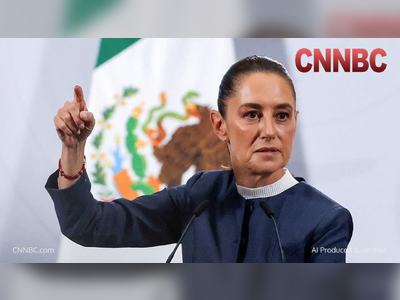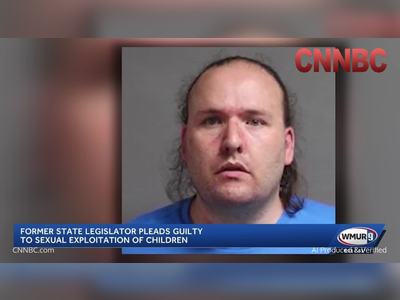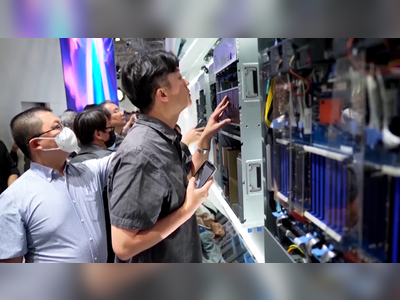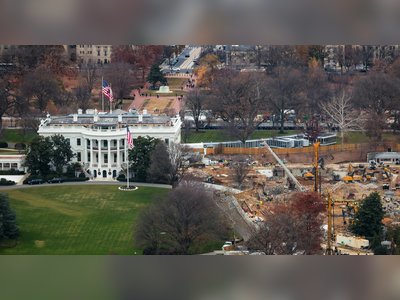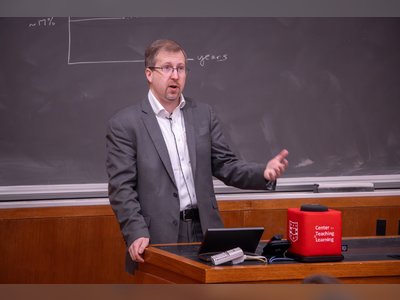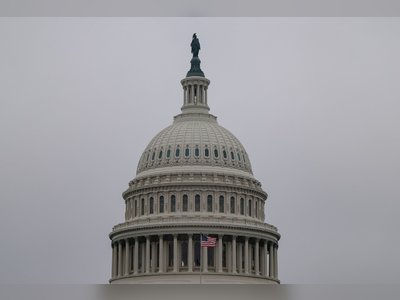
Trump Pardons January 6 Riot Defendants and Issues Executive Orders
Donald Trump uses executive power to pardon over a thousand Capitol rioters and announces new policy changes.
On his first day of a new term, President Donald Trump signed orders granting pardons to approximately 1,500 individuals involved in the January 6, 2021, Capitol riots, as well as commuting six sentences.
This sweeping use of presidential clemency has stirred reactions across the political spectrum and presents a significant move in the ongoing examination of the events surrounding the Capitol breach.
In addition to the pardons, Trump executed several executive orders aimed at reversing actions taken by the previous administration of President Joe Biden.
These include the withdrawal of the United States from the World Health Organization (WHO), citing dissatisfaction with the organization’s handling of international health issues such as the COVID-19 pandemic.
Moreover, Trump issued orders concerning immigration, including declaring the situation at the US-Mexico border a national emergency, and challenging the practice of birthright citizenship.
These moves are part of a broader agenda to address immigration policies that have been contested during previous administrations.
Among those pardoned is Enrique Tarrio, a former leader of the Proud Boys, whose impending release was confirmed by his lawyer.
Tarrio had been serving a 22-year sentence for seditious conspiracy related to the Capitol riots.
Simultaneously, former President Joe Biden executed several last-minute pardons just before leaving office.
Notably, these preemptive pardons extended to family members and political allies, including Dr. Anthony Fauci and former Joint Chiefs of Staff Chairman Mark Milley, amid concerns of potential retribution from the new administration.
The legality and implications of preemptive pardons, especially those issued by Biden, have been questioned by both legal experts and political analysts.
These actions could set new precedents for the use of presidential pardon powers and their impact on future administrations.
This sweeping use of presidential clemency has stirred reactions across the political spectrum and presents a significant move in the ongoing examination of the events surrounding the Capitol breach.
In addition to the pardons, Trump executed several executive orders aimed at reversing actions taken by the previous administration of President Joe Biden.
These include the withdrawal of the United States from the World Health Organization (WHO), citing dissatisfaction with the organization’s handling of international health issues such as the COVID-19 pandemic.
Moreover, Trump issued orders concerning immigration, including declaring the situation at the US-Mexico border a national emergency, and challenging the practice of birthright citizenship.
These moves are part of a broader agenda to address immigration policies that have been contested during previous administrations.
Among those pardoned is Enrique Tarrio, a former leader of the Proud Boys, whose impending release was confirmed by his lawyer.
Tarrio had been serving a 22-year sentence for seditious conspiracy related to the Capitol riots.
Simultaneously, former President Joe Biden executed several last-minute pardons just before leaving office.
Notably, these preemptive pardons extended to family members and political allies, including Dr. Anthony Fauci and former Joint Chiefs of Staff Chairman Mark Milley, amid concerns of potential retribution from the new administration.
The legality and implications of preemptive pardons, especially those issued by Biden, have been questioned by both legal experts and political analysts.
These actions could set new precedents for the use of presidential pardon powers and their impact on future administrations.


